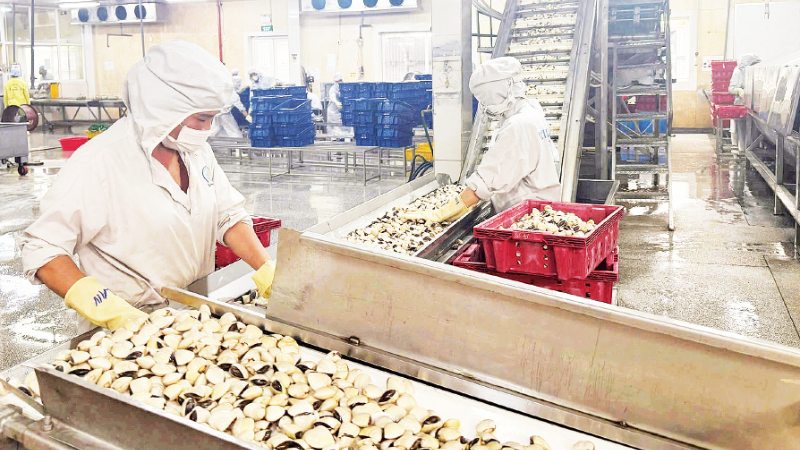
Not just a financial solution, insurance needs to become an " economic shield" to help people, especially farmers and vulnerable groups, respond effectively to natural shocks.
Every year, natural disasters cause damage of 15,000-30,000 billion VND, forcing the State to spend the budget to overcome the consequences, support people and restore production. The damage is not only financial, but also production disruption, supply chain interruption, local food insecurity and long-term psychological impact on people.
Although the State always has emergency relief packages, the budget cannot promptly respond to all the increasing risks. In that context, insurance - especially non-life insurance - becomes an effective tool for risk sharing, reducing the financial burden on people and the national budget.
Although the State always has emergency relief packages, the budget cannot promptly respond to all the increasing risks. In that context, insurance - especially non-life insurance - becomes an effective tool for risk sharing, reducing the financial burden on people and the national budget.
Typically, Typhoon Yagi in 2024 caused more than VND83,000 billion in damage in many localities. At Agribank alone, more than 28,000 customers were affected, with related outstanding debt of about VND40,000 billion. Some customers participating in insurance were paid promptly, such as Viet Truong Company (Hai Phong) received more than VND22 billion from Agribank Insurance (ABIC), Presenza Electrical Equipment Company (Hanoi) received an advance of VND1 billion after the storm. “The insurance money came at the right time. Without this source, we could not restart the factory, could not keep hundreds of workers and laborers. The problem is not only money but also trust in the insurance system, which is real support in times of emergency,” said Mr. Ngo Minh Phuong, CEO of Viet Truong Limited Liability Company.
Over the past 10 years, three non-life insurance companies under Agribank (ABIC), VietinBank (VBI), and BIDV (BIC) have paid more than VND20,000 billion in compensation to customers who have encountered risks.
National Assembly delegate Phan Duc Hieu affirmed that the consequences of Typhoon Yagi further demonstrated the essential role of insurance. Insurance not only compensates for damages and supports production recovery, but also has value when insurance companies proactively advise customers to prevent risks and reduce losses. In fact, seamless production and business activities are important, so when insurance companies advise customers to reduce losses, it also means that production will recover faster. This is also a value of insurance that is rarely mentioned by the media and society.
In the agricultural sector, risks are always present, but insurance is considered a luxury. Farmers lack capital, lack financial knowledge, are vulnerable to natural disasters and market fluctuations, but very few have access to insurance. According to Vice President of the Vietnam Insurance Association Nguyen Anh Tuan, the reason is that farmers do not fully understand the role of agricultural insurance, propaganda work is limited, while insurance costs, although not high, are still a burden for some households.
Resolution No. 19-NQ/TW, dated June 16, 2022, of the Party Central Committee on agriculture, farmers, and rural areas to 2030, with a vision to 2045, clearly defines the orientation for developing green agriculture, modern rural areas, and civilized farmers, in which insurance needs to be placed on par with infrastructure investment, seedlings, and preferential credit. However, despite the existence of products such as crop insurance, livestock insurance, credit security, etc., the rate of farmer participation is still low. One of the reasons is that farmers do not have the habit of buying insurance, often waiting for support from the budget when natural disasters and epidemics occur.
In agricultural areas, people often have low incomes and little knowledge about insurance, while risks are always close. Without policy and communication support, no matter how well-designed insurance is, it will be difficult to be effective. The State needs to clearly define that insurance is not just a market commodity, but a social security institution that helps reduce the budget burden when natural disasters occur.
Mr. Do Minh Hoang, member of the Board of Directors of Agribank Insurance
Meanwhile, according to Mr. Do Minh Hoang, a member of the Board of Directors of Agribank Insurance, in agricultural areas, people often have low incomes and little knowledge about insurance, while risks are always close by. Without policy and communication support, insurance, no matter how well designed, will hardly be effective. The State needs to clearly identify that insurance is not just a market commodity, but a social security institution, helping to reduce the budget burden when natural disasters occur.
In fact, wherever local authorities and insurance companies take strong action, insurance becomes a reliable support. However, according to some economic experts, it is necessary to build an inter-sectoral coordination ecosystem: banks-insurance-government-social organizations. In addition, it is necessary to promote the role of banks in transmitting insurance products to rural areas, where banks are often the only access channel to the formal financial system.
The Law on Credit Institutions (amended), effective from July 1, 2024, prohibits cross-selling of insurance through banks in the form of “bundling” with credit products to protect consumers. However, if tightened too much, this regulation could inadvertently create more barriers for people in rural areas - where access to agricultural insurance is already difficult.
A representative of VietinBank Insurance (VBI) said that the concept of “cross-selling” in current law is not yet unified, causing difficulties in distributing insurance through banks. Accordingly, a more flexible legal mechanism is needed to both protect consumers and support businesses to develop sustainably. At the same time, specific instructions need to be issued soon so that coordination between banks and insurance companies can be implemented effectively, without reducing the ability of rural people to access insurance. In addition, it is necessary to consider tax incentives and support for agricultural insurance premiums; allow distribution through banks with transparent conditions, protect customers’ rights and avoid misunderstandings as mandatory “cross-selling”.
The issuance of a separate decree on agricultural insurance is becoming urgent. According to experts, it is necessary to clearly define the roles, responsibilities, and benefits of relevant parties; support mechanisms from the budget; risk sharing between the state and insurance companies; and at the same time, encourage the linkage model between the state-farmers-scientists-enterprises, with insurance as a financial guarantee tool.
Source: https://nhandan.vn/bao-hiem-nong-nghiep-can-hanh-lang-phap-ly-ro-rang-post896914.html



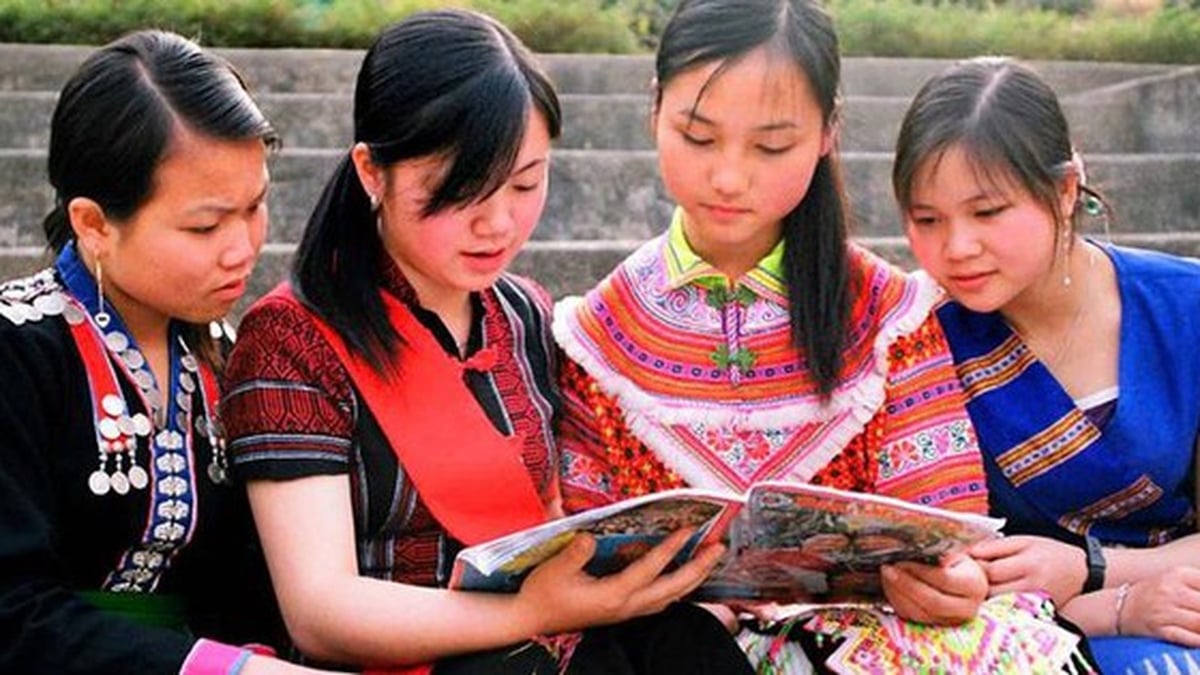
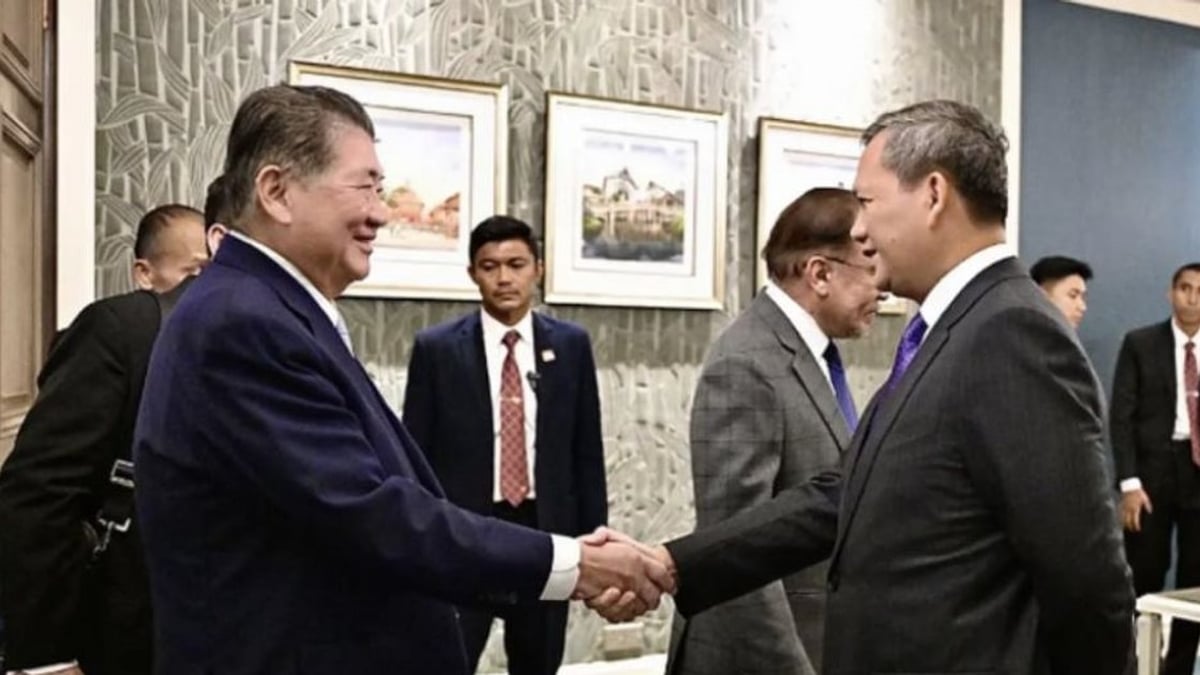
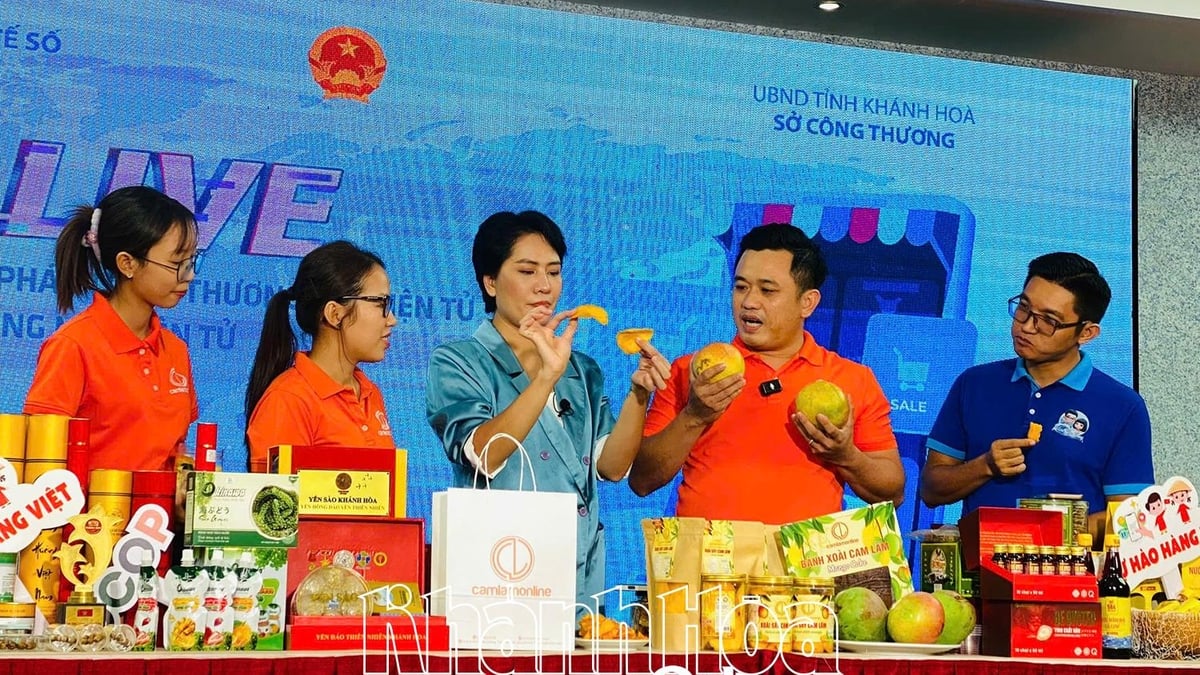

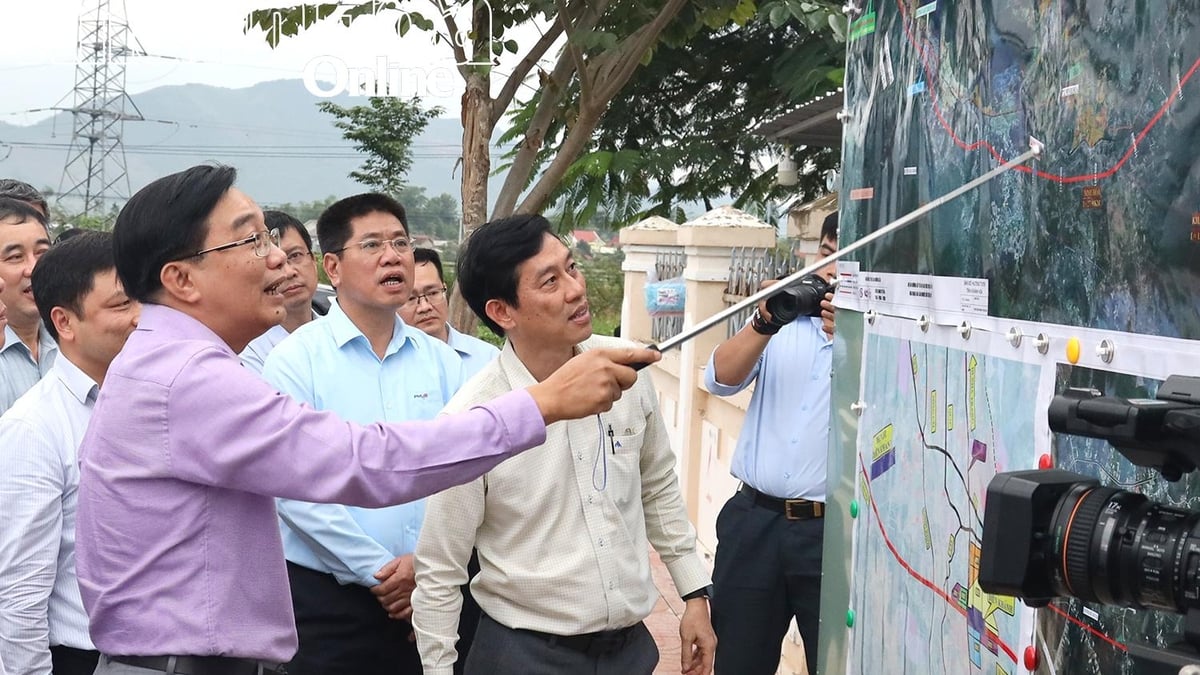



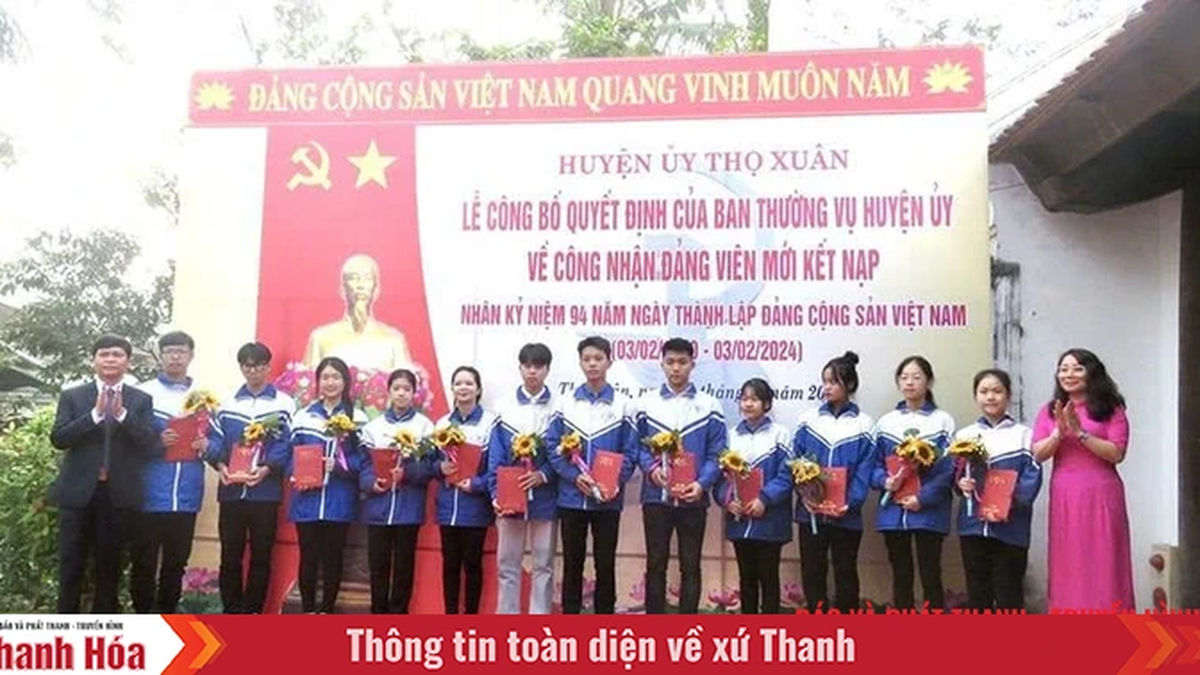












![[Photo] National Assembly Chairman attends the seminar "Building and operating an international financial center and recommendations for Vietnam"](https://vphoto.vietnam.vn/thumb/1200x675/vietnam/resource/IMAGE/2025/7/28/76393436936e457db31ec84433289f72)











































































Comment (0)